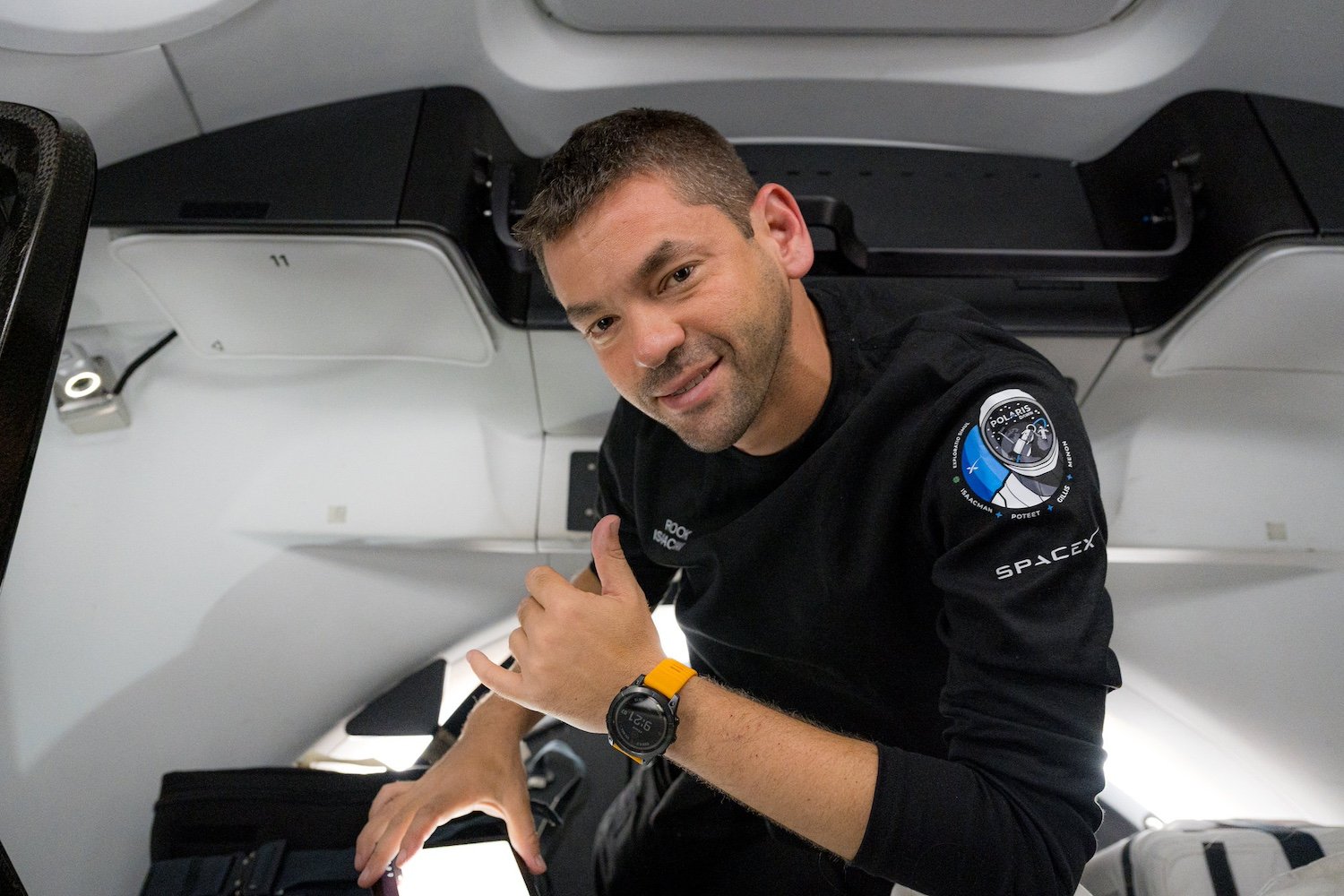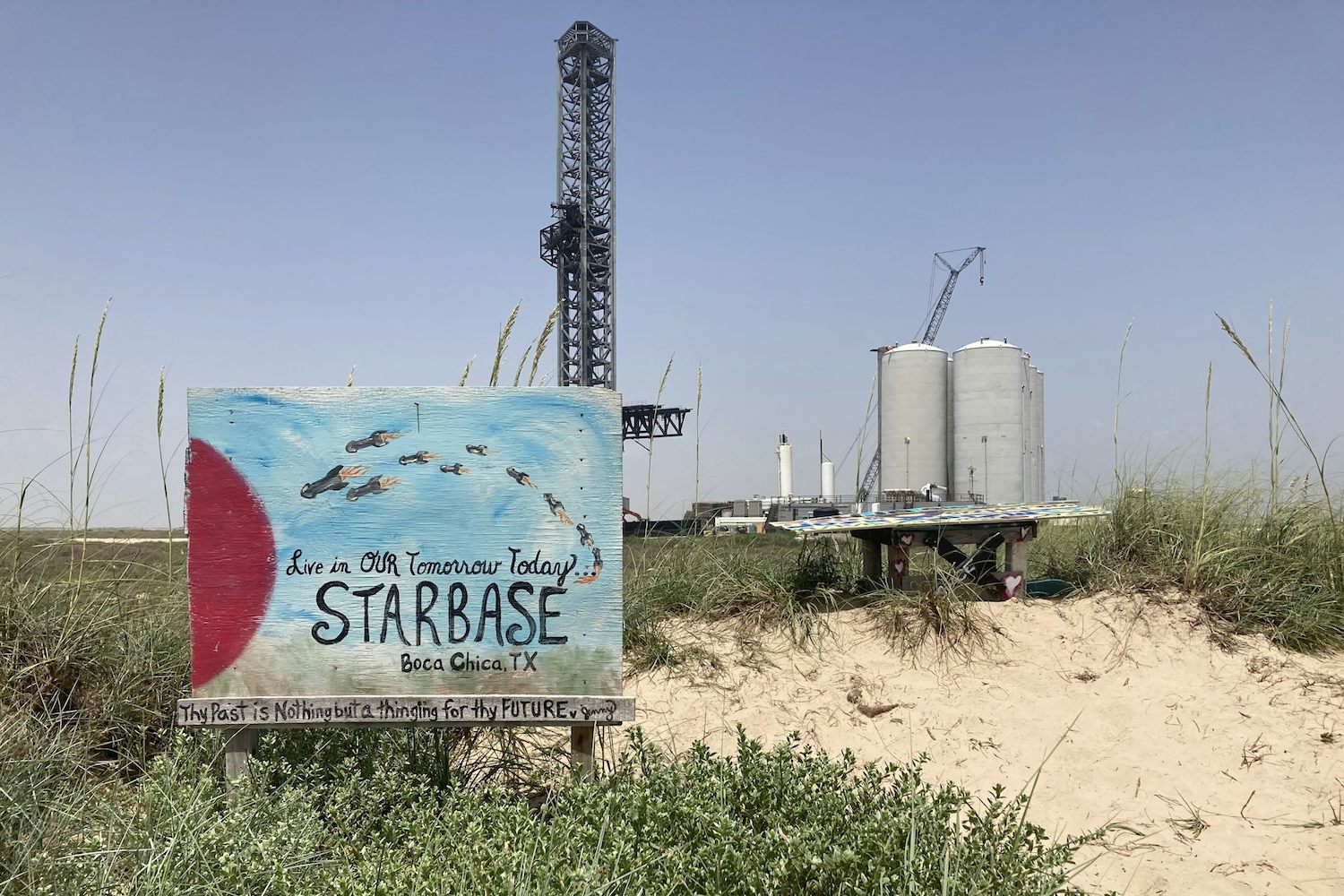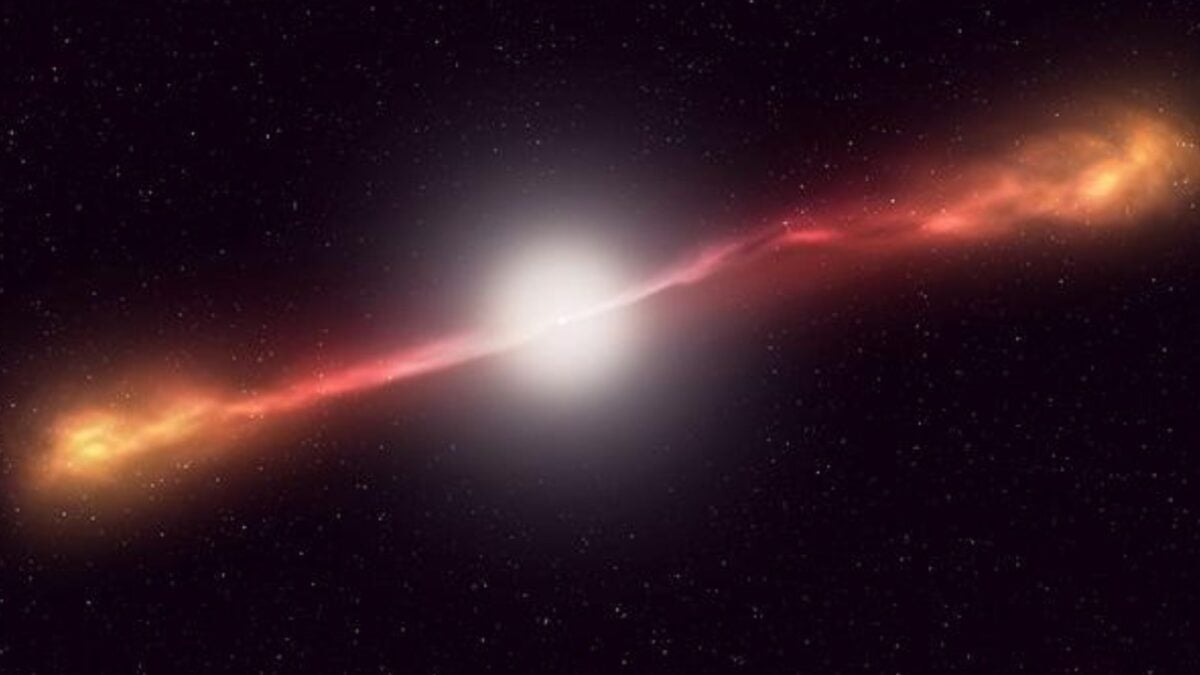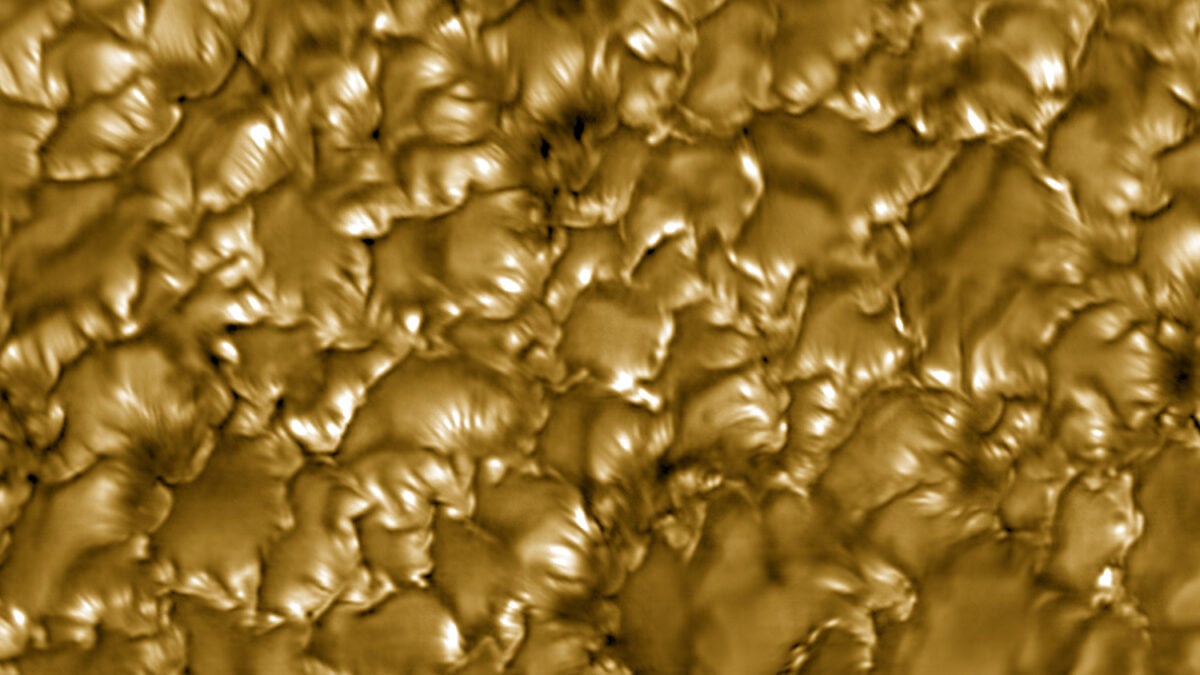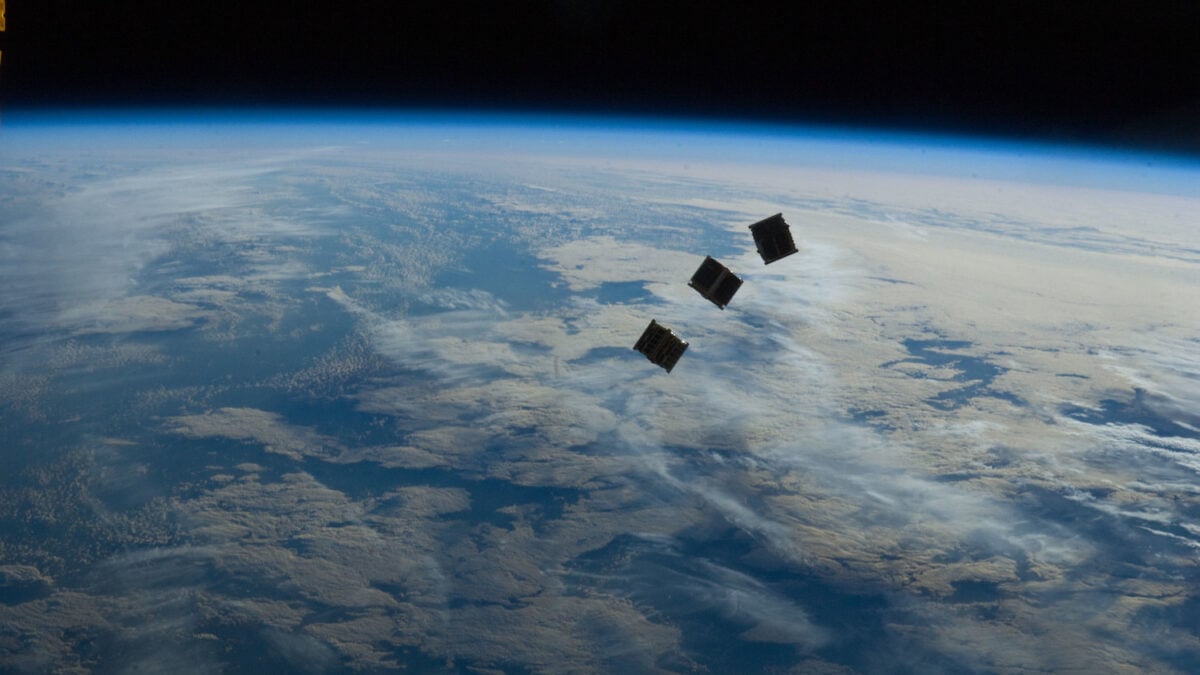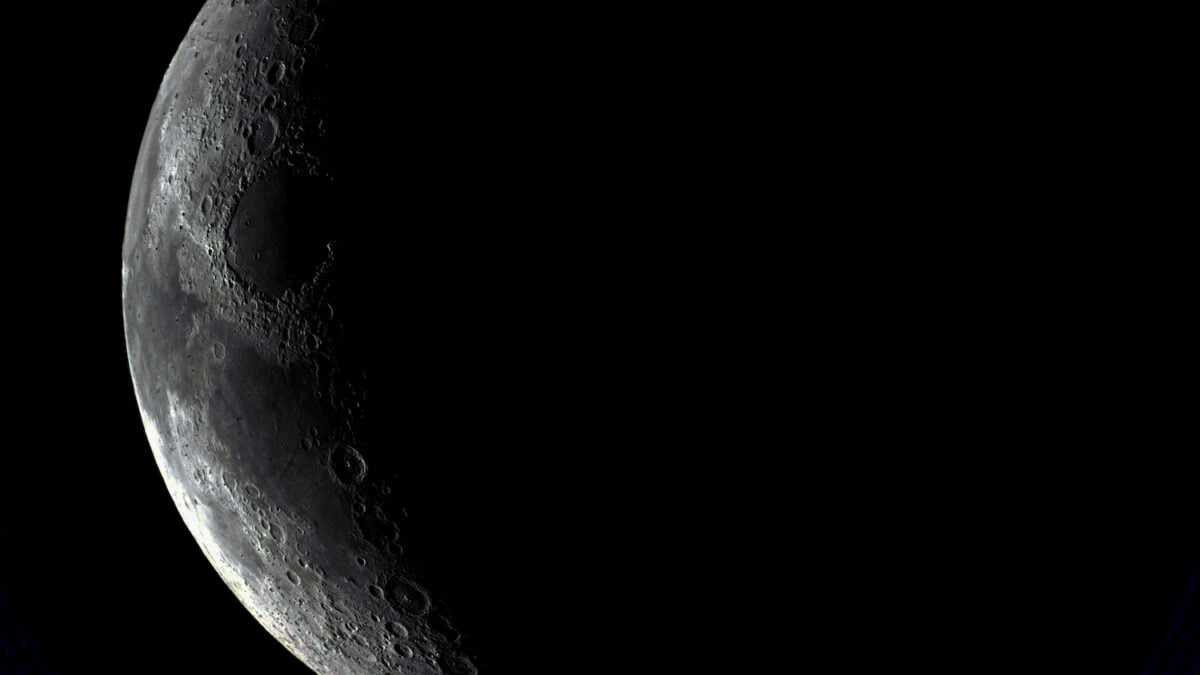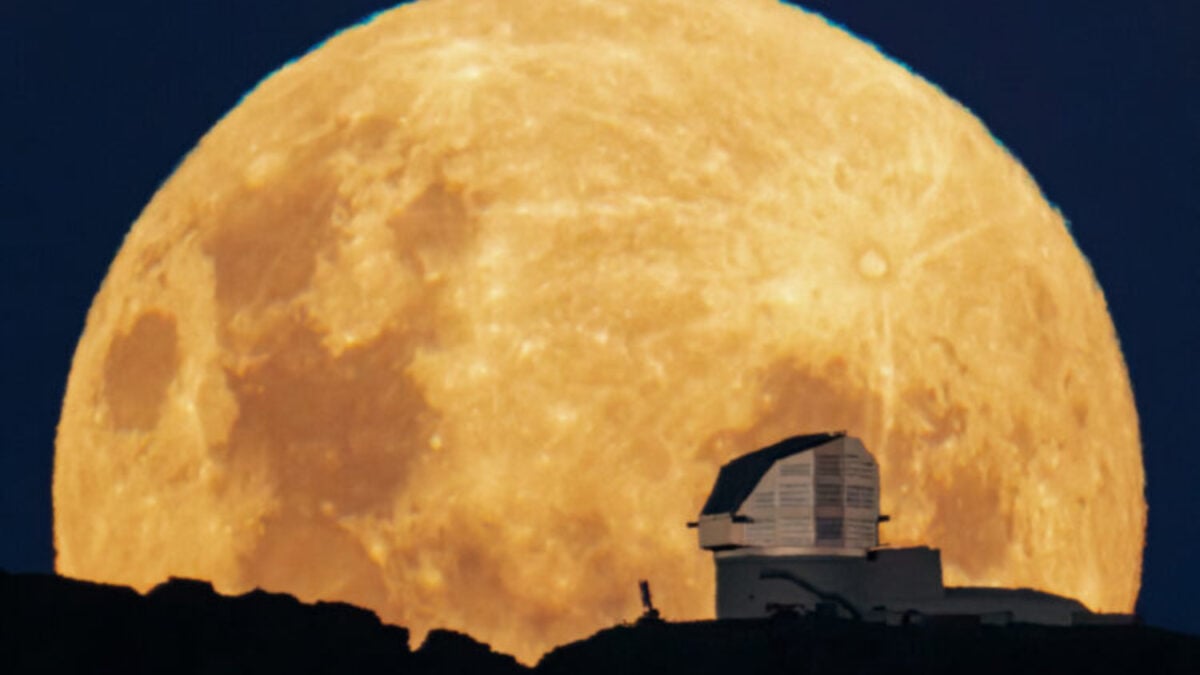In a surprise move, President Donald Trump has withdrawn his nomination of private astronaut Jared Isaacman to lead NASA. Isaacman’s potential appointment as NASA administrator was largely welcomed by the space community, viewed as a positive change for the agency during a critical time of looming budget cuts and pivotal mission decisions. With Isaacman now out of the running, concerns are mounting about the future direction of the U.S. space agency and the potential for dark times ahead.
The Sudden Reversal: Why Was Isaacman’s Nomination Pulled?
The White House confirmed the withdrawal on Saturday. Spokesperson Liz Huston, quoted by Space Insider, stated it’s “essential that the next leader of NASA is in complete alignment with President Trump’s America First agenda.” Isaacman’s nomination had already passed a Senate committee in late April and was awaiting a final confirmation vote this week, highlighting the abruptness of the decision.
This development quashes hopes that Isaacman would lead NASA toward a future with stronger private sector integration and a refreshed approach, especially concerning the crucial return to the Moon. President Trump, on Truth Social, cited “a thorough review of prior associations,” pointing to Isaacman’s past donations to Democratic political figures as the reason, The New York Times reported. These contributions, though not frequent, included support for former Senator Bob Casey, the California Democratic Party, and former astronaut Senator Mark Kelly of Arizona.
The decision was also reportedly influenced by SpaceX CEO Elon Musk’s alleged distancing from government involvement. Isaacman, an advocate for private spaceflight and a two-time flyer on SpaceX missions, was seen as a Musk ally and a strong proponent of aligning NASA more closely with the private space sector.
A New Direction for NASA? Potential Successor and Policy Shifts
President Trump announced on Truth Social his intent to “soon announce a new Nominee who will be Mission aligned, and put America First in Space.” Two sources indicated to Ars Technica that former U.S. Air Force Lieutenant General Steven Kwast is the likely replacement.
The retired commander is reportedly more focused on utilizing space for military operations, which could mean less emphasis on NASA’s science missions, according to Ars Technica. This potential pivot aligns with Trump’s proposal for a $175 billion “Golden Dome” space-based defense system, a layered shield of defense over the U.S.
NASA’s Mounting Challenges: Budget Cuts and Mission Uncertainty
While awaiting a new nominee, NASA is confronting severe proposed budget cuts for 2026. The administration’s “skinny budget” suggests a $6 billion cut, a 24% decrease from NASA’s $24.8 billion 2025 budget. The proposal emphasizes “returning to the Moon before China and putting a man on Mars” but would defund key programs.
This includes phasing out NASA’s Space Launch System (SLS) rocket and Orion capsule, favoring commercial substitutes for Artemis lunar missions. It would also terminate the Lunar Gateway, a planned lunar-orbiting station, and cancel NASA’s Mars Sample Return mission to cut “unaffordable missions.”
Responding to earlier reports of cuts, Isaacman wrote on X, “I’m a humble nominee on the outside, hoping for a chance to contribute. I don’t know anything about those supposed cuts, but the President said he’s targeting fraud, waste & abuse w/ a scalpel—not a hatchet.” His stance after the detailed budget proposal was unknown, but he was generally seen as a proponent of space exploration and a figure who could have helped the agency navigate these turbulent financial waters.
Conclusion
With Jared Isaacman’s nomination withdrawn and a potential successor more aligned with military space objectives, NASA’s future appears uncertain. The looming, drastic budget cuts threaten flagship scientific endeavors and the agency’s long-term exploration roadmap. As one leading official anonymously told Ars Technica, “NASA is fucked,” painting a grim picture for the esteemed space agency. The path ahead for U.S. space exploration and scientific discovery now hangs precariously in the balance.



